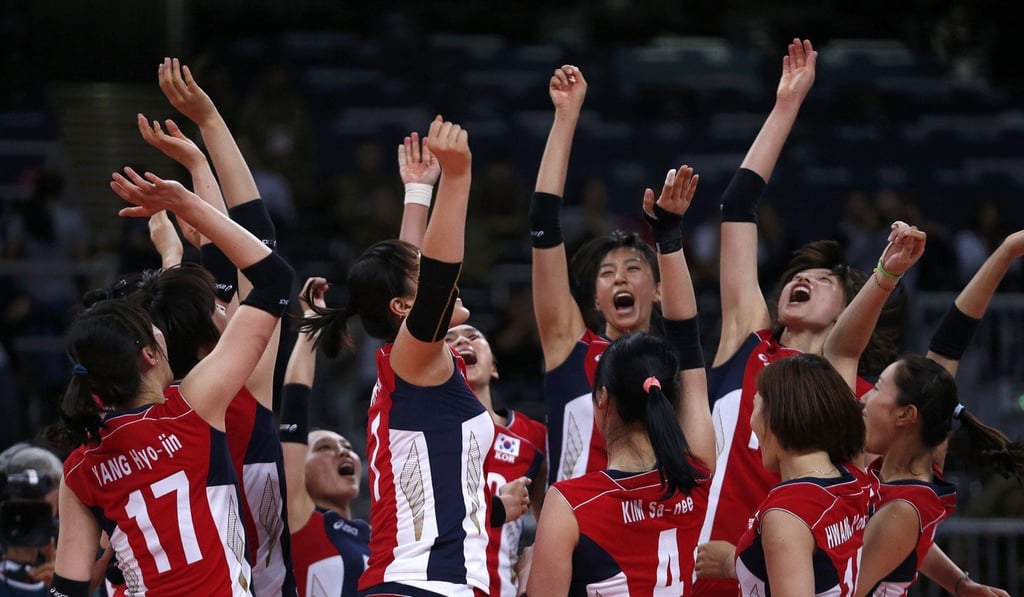How can South Korea excel at sports when its kids are too busy studying?
- The country has produced some big name soccer and baseball stars, and regularly takes home huge medal hauls from the Olympics
- But many fear a culture that values academic over sporting achievement is preventing young hopefuls from reaching the top of their game

Yet outside the top flight – where Olympic hopefuls train in teams that are sponsored heavily by the government, and young players lucky enough to be spotted by talent scouts move abroad for intensive training – the country actually suffers from a widespread lack of participation in sports.

A recent poll of 1,049 people by the Daily Sports Hankook newspaper found that just 3 per cent played golf, 2.4 per cent soccer and less than 2 per cent baseball.
This disconnect between South Korea’s sporting achievements on the global stage and a lack of interest in sports back home all stems from the country’s intensive education system, according to Lee Ki-kwang, a physical education professor at Kookmin University in Seoul.
“Playing sports is more of an elite activity than a lifestyle, as it is in many other countries,” he said.
“As long as the education system remains college prep-oriented and solely concerned with test scores, the country’s sports culture will not change that much as a consequence – even with superstars like Ryu Hyun-jin.”